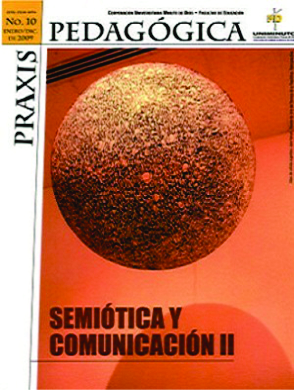La etnoeducación bilingüe: norma y términos constitucionales y desafío para las etnias
Barra lateral del artículo
Cómo citar
Altmetrics
Detalles del artículo
Biografía del autor/a
Yeny Alexandra Pulido Aguirre, Corporación Universitaria Minuto de Dios
Magíster en lingüística Universidad Nacional de Colombia. Docente de planta de la Corporación Universitaria Minuto de Dios.Contenido principal del artículo
Resumen
Los grupos indígenas de Colombia lograron ser reconocidos como grupos con cultura y lengua propia por parte del Estado a través de la Constitución Política de Colombia de 1991. Esta carta magna contiene un conjunto de normas que hacen referencia a la presencia de grupos étnicos en el territorio nacional, la existencia de una diversidad lingüística, la educación étnica y bilingüe, la responsabilidad del Estado frente a la vivencia de la cultura y la garantía de la educación para estos grupos, entre otros que la apoyan. Este logro fue producto de la lucha que estás etnias llevaron a cabo durante las últimas décadas. No obstante, la norma constitucional no refleja la realidad étnica y lingüística del país lo cual dificulta el emprendimiento de acciones que permitan el goce de los derechos étnicos. Pese a que la norma constitucional resulte incompleta, los grupos étnicos deben reclamar su derecho a la educación étnica y bilingüe, ya que se trata de un logro alcanzado por las etnias, aunque ello no quiera decir que la lucha por la exigencia de sus derechos se detenga. En este sentido, las etnias deben asumir el reto de la etnoeducación bilingüe respondiendo a su proyecto socio-histórico y su derecho constitucional para emprenderla.





